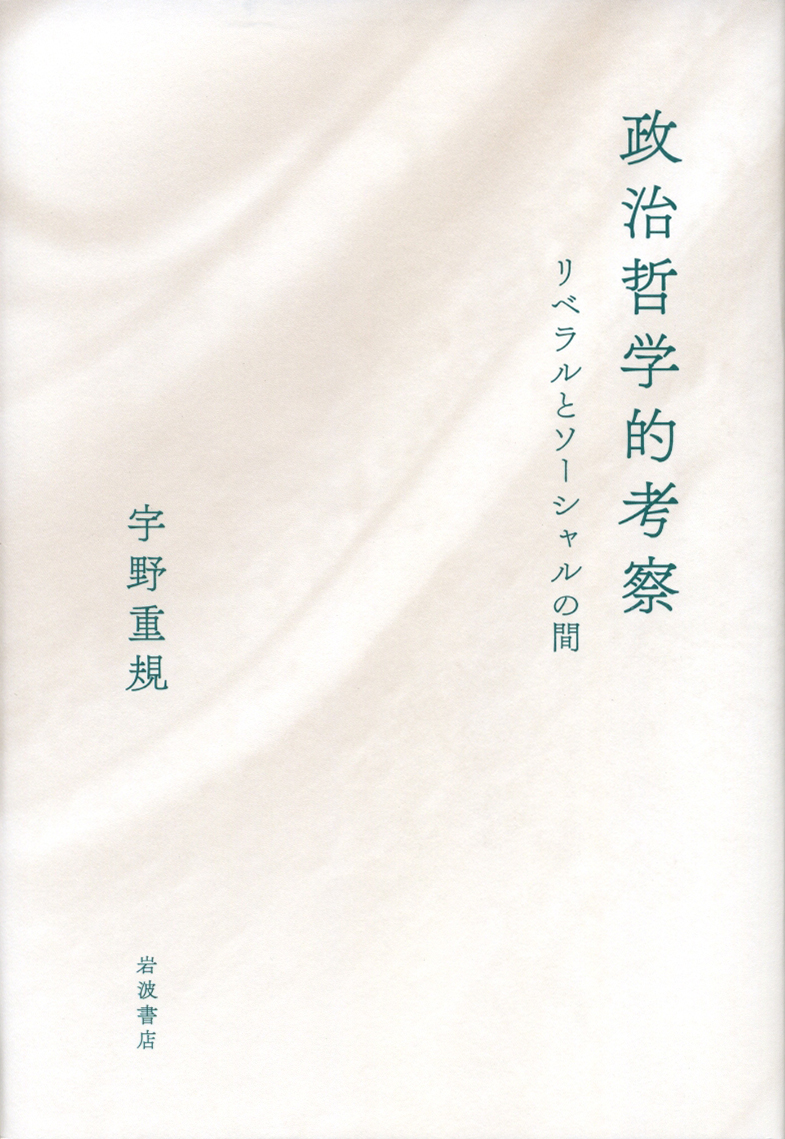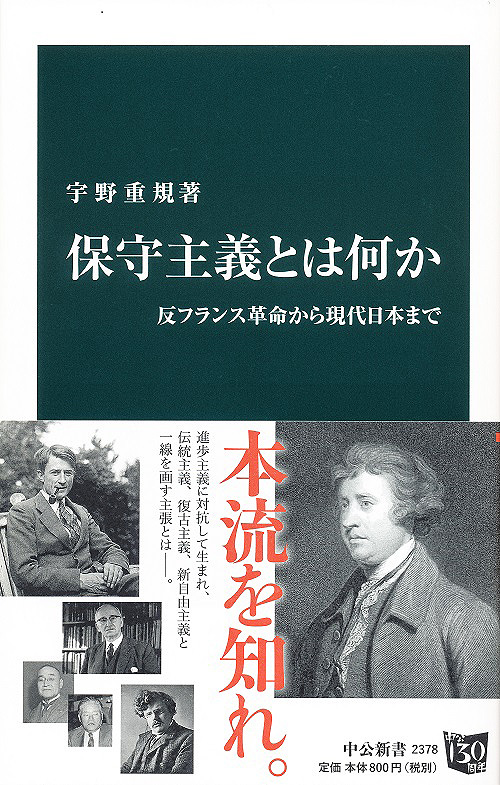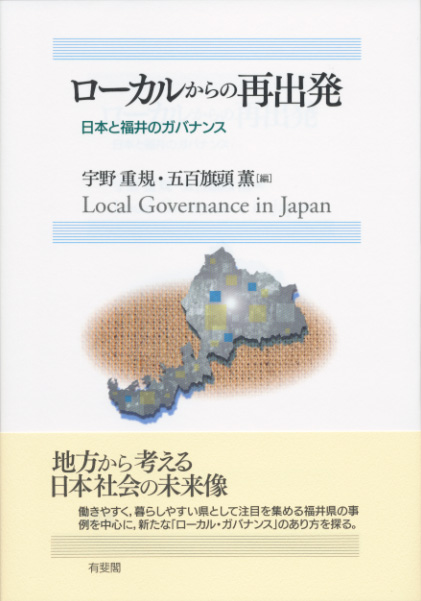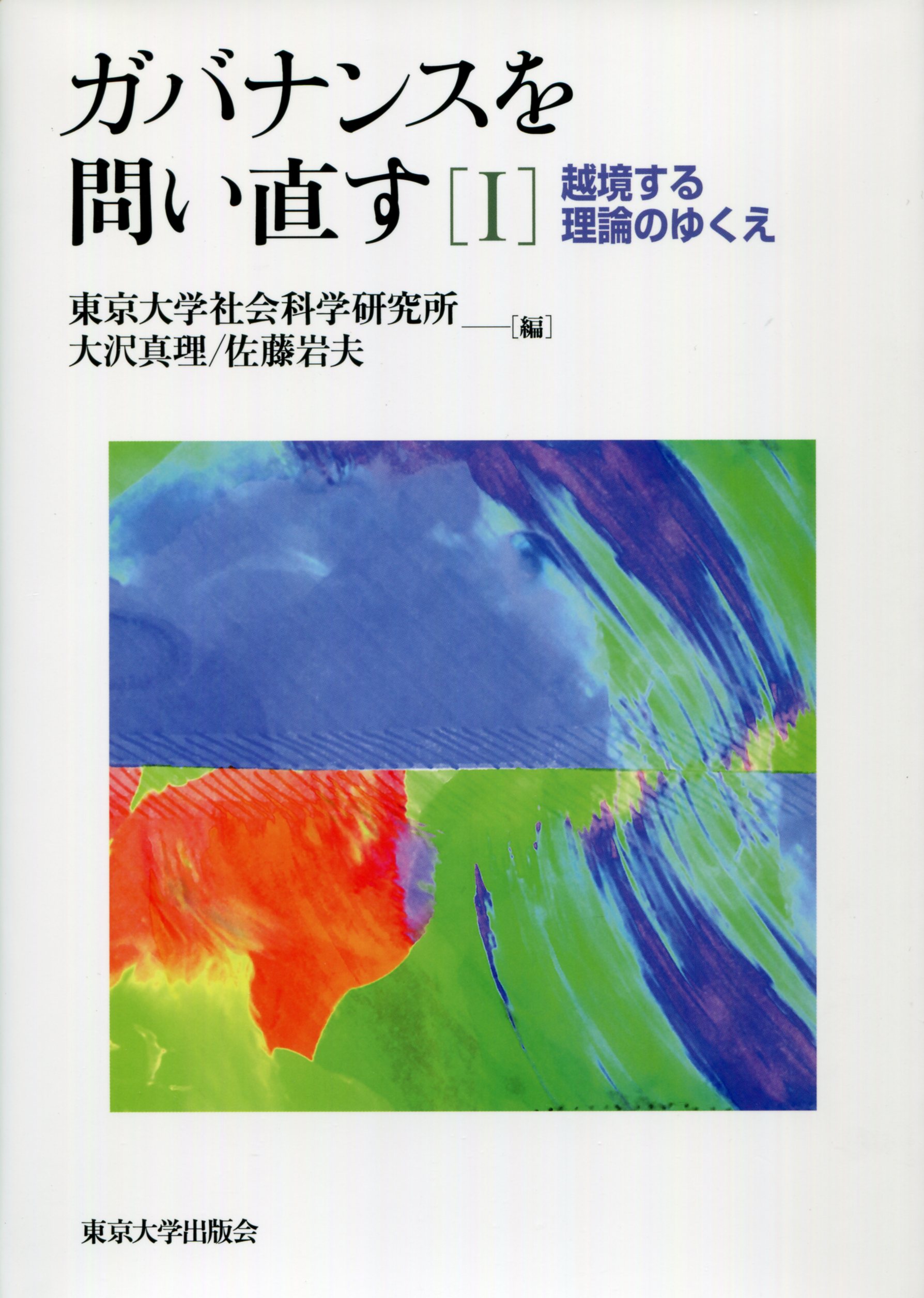
Title
Seiji tetsugakuteki kosatsu (Discussions of Political Philosophy – Between the Liberalist and Socialist)
Size
408 pages, 127x188mm, hardcover
Language
Japanese
Released
May 18, 2016
ISBN
9784000611282
Published by
Iwanami Shoten
Book Info
See Book Availability at Library
Japanese Page
This book is a compilation of political philosophy papers written since the start of the 2000s.
My career as a researcher began in the 1990s when I wrote my doctoral thesis on the nineteenth-century French thinker Alexis de Tocqueville. The Berlin Wall had come down in 1985, marking the end of the Cold War, and the impact was being felt even in the world of knowledge. Tocqueville, it seemed to me, was an apt subject of study in this time of transition.
Tocqueville examined the social potential and instability that results when crumbling traditional frameworks of society give rise to increasing individualization. He was the first nineteenth-century thinker to use the term “individualism,” defining it as when the individual isolates him or herself from others to withdraw into a narrow inner circle of family and friends. How are social order and consensus building possible when individualization advances and society becomes increasingly fluid? Tocqueville’s exploration of the problem and unique observations took on new relevance at the end of the Cold War and start of a new era of globalization.
The changing times have stimulated new political philosophy discussions in contemporary France. Back in the days of strong Marxist influence when left and right ideologies clashed violently, it was difficult for intellectuals of different political inclination to find common ground to discuss freedom, democracy, equality or civil rights. Only with the end of the Cold War did the opportunity arise for calm discussion of the linkage between political systems and ideologies and the circumstances and history of society. Hence my research in the 2000s on Tocqueville focused on the connection his ideas to the revival of political philosophy in contemporary France.
Related to this is my preference for French political philosophy, though I am willing to acknowledge the existence of a different branch of Anglo-Saxon political philosophy. Contemporary French political philosophy is an academic discipline that transcends boundaries to connect politics, philosophy, law, sociology, and history. In this book, I explore the various issues of (political) “body theory,” equality and freedom, conservatism, the integration of Europe, and civil rights from the perspective of contemporary French political philosophy.
Additionally, in this book I have taken a political philosophy approach to discuss social and economic disparities and labor, as well as the things perceived to “belong” to society as compared to those that contribute to forging close ties between people. What is the middle ground between the liberal and the socialist? Is it possible to link the liberal fixation on individual freedom and distrust of power with the socialist emphasis on resolving the problems of society? My conclusion is that twenty-first century theories of democracy must grapple with how successfully people will be able to recast the individual problems they confront in daily life as social issues that concern “us,” not just the individual “me.
(Written by UNO Shigeki, Professor, Institute of Social Science / 2019)



 Find a book
Find a book






